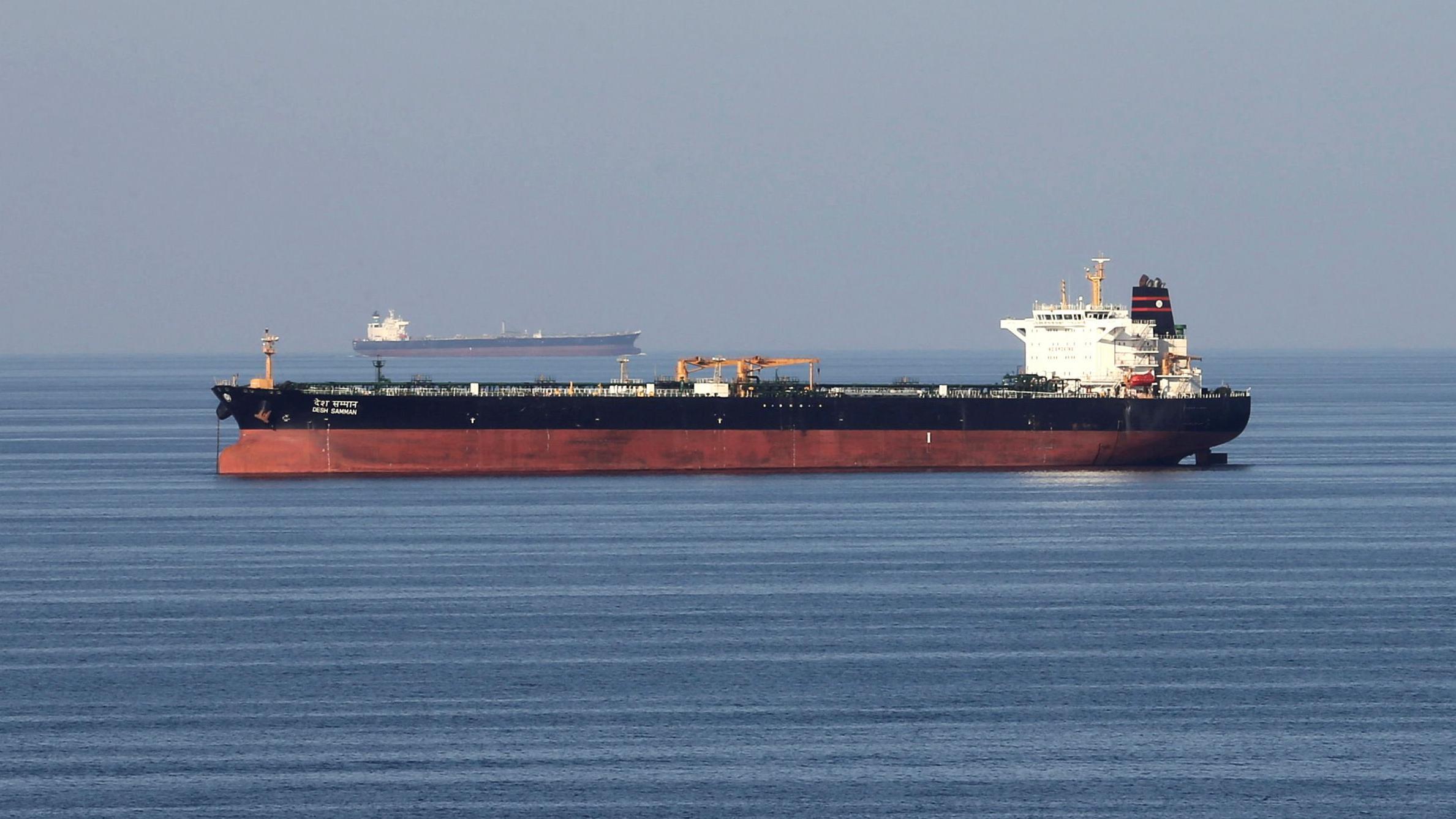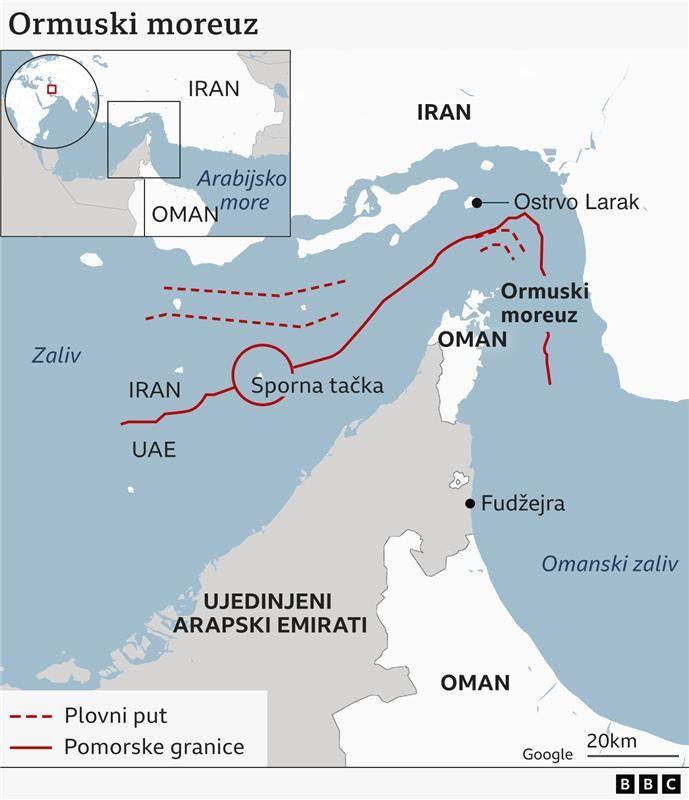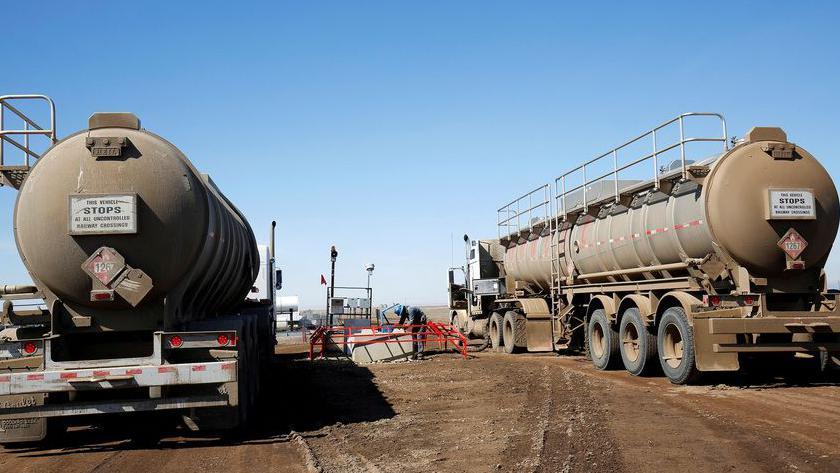The conflict between Israel and Iran has caused a sharp increase in oil prices on the global market, reminiscent of the situation following Russia’s invasion of Ukraine. The price of crude oil has risen by about 10 dollars compared to the previous month, potentially leading to higher gasoline and food prices due to increased energy costs. Although the current oil price is lower than during the peak of the Ukraine crisis, the situation is concerning due to the possibility of a prolonged conflict and the potential closure of the Strait of Hormuz, a key shipping route for global oil production. Experts note that the impact will depend on the duration of the conflict and involvement of other countries, with the chances of extreme scenarios being low. The global economy is already under pressure, and rising oil prices could further increase inflation and hinder economic recovery.
Political Perspectives:
Left: Left-leaning reports emphasize the broader economic and social impacts of rising oil prices caused by the Israel-Iran conflict, highlighting how increased energy costs disproportionately affect working-class and vulnerable populations. They often critique the geopolitical tensions as exacerbating global inequality and call for diplomatic solutions to avoid further economic hardship.
Center: Center-leaning coverage tends to focus on the factual developments of the conflict and its immediate impact on oil prices and global markets. They provide balanced analysis on the potential risks and uncertainties, including the role of key shipping routes like the Strait of Hormuz, and the responses of major oil producers. The tone is pragmatic, emphasizing monitoring the situation and its economic implications.
Right: Right-leaning narratives often stress the geopolitical threat posed by Iran and the instability in the Middle East, framing the conflict as a security concern that could disrupt global energy supplies. They may highlight the need for strong international and especially US intervention to protect energy interests and maintain market stability, sometimes downplaying the economic risks in favor of security priorities.











